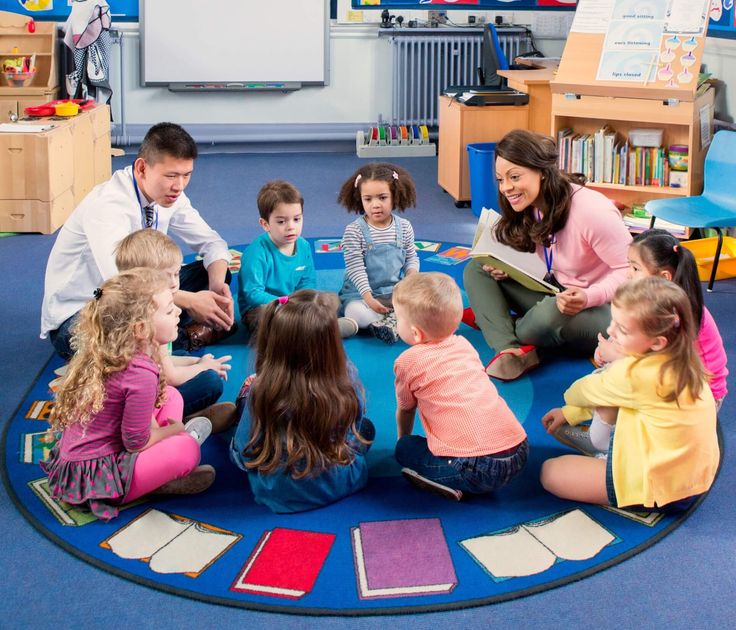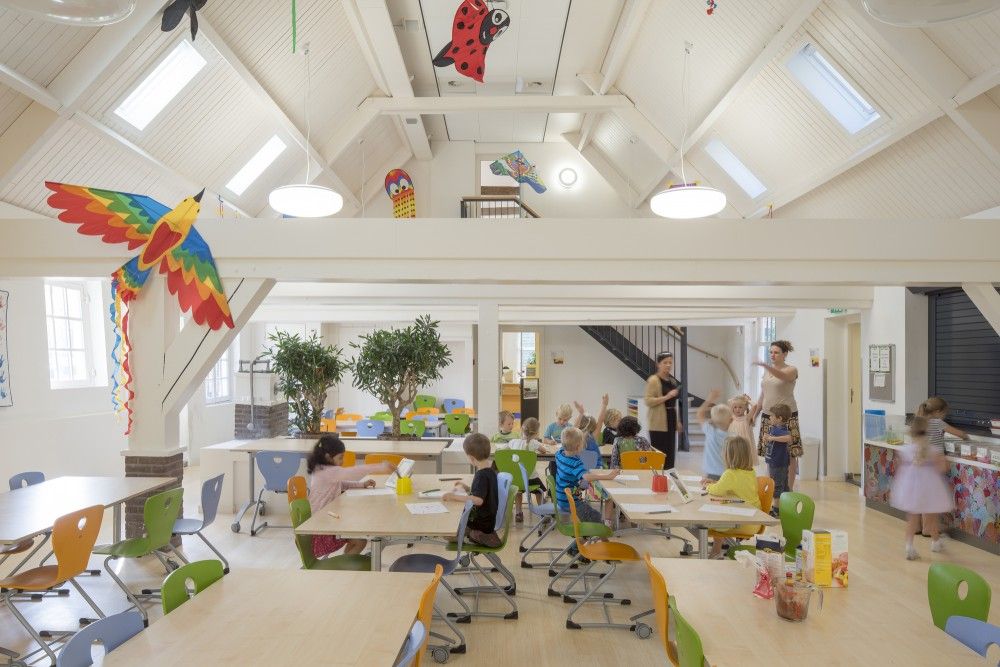Bartlett daycare: Drop-In Child Care | Bartlett, TN
|
||||||
|
||||||
|
||||||
|
||||||
|
||||||
|
||||||
|
||||||
|
||||||
|
||||||
|
||||||
|
||||||
|
||||||
|
||||||
|
||||||
|
||||||
|
||||||
|
||||||
|
||||||
|
||||||
Preschool – Bartlett Park District
Skip to content
Bartlett Parks Foundation Raise Your Glass FUNdraiser Feb. 17. Register Here.
Search for:
Call Us
Bartlett Community Center, 700 S.
630-540-4800
A Place to Grow: Bartlett Park District Preschool
Looking for a place for your child to flourish? The Bartlett Park District preschool is a DCFS licensed program that serves children from ages three to five. This recreational program provides an environment where your child will foster their unique growth through play-based learning. We strongly believe in meeting the needs of the whole child and provide a curriculum that will prepare your child for later school success. Our goal is to plan daily experiences that will help your child grow physically, emotionally, socially and intellectually in a fun and safe environment.
Our classrooms are located in the Preschool Wing of the Bartlett Community Center. We welcome you and your child to visit our school and explore our classrooms. Tours are by appointment only. Please contact our Preschool Coordinator at 630-540-4853 if you are interested in setting up a tour.
The first days of preschool are very big steps for you and your child to take. Helping you and your child to be best prepared to reach this milestone is key to your child’s success. To make the transition a little easier you may want to try some of these suggestions:
- Reading picture books about Preschool can help to lessen apprehensions and help your child develop positive feelings about school.
- Practice self-help skills to build self-esteem. Let your child do things for themselves.
- Participate in social activities prior to beginning Preschool that are designed to gradually ease your child towards independence (being away from parent / caregiver) and being in larger group settings.
- Join classes or events that are shorter lengths of time so your child gets accustomed to structured activities such as story time and following directions on a small scale.
- Attend library story times (check out the Bartlett Library), parent / tot music classes (see the BPD website and Nature Center) or special events where other young children attend to begin socializing.
- Take advantage of other opportunities to leave your child in a safe environment without you, such as a babysitter / grandparent for a short periods of time.
- If your family speaks more than one language but rarely speak English, begin practicing speaking English at home so that your child can communicate with their teachers and peers. Have your child speak / respond in English to you so they feel comfortable in expressing themselves and their wants / needs. Learning / knowing multiple languages is wonderful and they will not forget their home language.
- Toilet independence is required prior to starting Preschool (pull-ups or diapers cannot be worn in class).
Teach your child to dress and undress accordingly and to perform the process on their own, which will in turn make them feel more confident.
Download The Program Guide
Follow Us:
Bartlett Frederick Charles |
|
1886-1969 |
CV |
XPOHOCPROJECT INTRODUCTIONCHRONOS FORUMCHRONOS NEWSCHRONOS LIBRARYHISTORICAL SOURCESCVINDEXGENEALOGY CHARTSCOUNTRIES AND STATESETHNONYMSRELIGIONS OF THE WORLDHISTORICAL ARTICLESTEACHING METHODOLOGYSITE MAPAUTHORS OF CHRONOSRelated projects:RUMYANTSEV MUSEUMDOCUMENTS OF THE XX CENTURYHISTORICAL GEOGRAPHYRULERS OF THE WORLDWAR OF 1812WORLD ISLAVYETHNOCYCLOPEDIAAPSUARARUSSIAN FIELD |
Frederick Charles Bartlett Bartlett, Frederick Charles (1886-1969), English psychologist, Kondakov I.M. Psychology. Illustrated dictionary. // THEM. Kondakov. – Bartlett Frederick Charles (1886-1969) – English psychologist, L.A. Karpenko Psychological lexicon. Encyclopedic Dictionary in six volumes / Read more: Historical persons Compositions: Remembering: A Study in Experimental and Social Psychology. Human psyche in work and play. M., 1959. Literature:Solso R.L. Cognitive psychology. Moscow: Trivola, 1996; F. C. Bartlett // |
|
|
CHRONOS: WORLD HISTORY ON THE INTERNET |
CHRONOS exists since January 20, 2000, Editor Vyacheslav
|
Frederick Charles Bartlett (1886-1969): Psychology OnLine.Net
Frederick Charles Bartlett (1886-1969)
Added by Psychology OnLine.
11/29/2006 (Edit 11/29/2006)
From childhood, Bartlett was engaged in self-education in the library. He took an early interest in social anthropology and in 1914 became deputy head of the Psychological Laboratory in Cambridge, a teacher of experimental psychology, and at 1922, after the resignation of Meyers, became head of the laboratory. Bartlett twice changed the direction of his interests, switching from purely theoretical issues to where there were unresolved practical problems. He initially abandoned sociology and anthropology in favor of an experimental psychology of perception and memory, and then moved from academic psychology to ergonomics.
Bartlett is best known for his research on memory and social psychology, and especially for his book Remembering (1932), where he analyzes the results of experiments on the influence of social factors on memory. Unlike modern methods of using nonsense words, Bartlett used meaningful stimulus words to study the influence of past experience on the assimilation of new material.
At the start of the Second World War, Bartlett, as a member of the RAF Study Committee, was involved in analyzing the psychological problems that arose during the expansion of the air fleet. His close contacts with Kenneth Craik, who came to the Cambridge Laboratory in 1936, contributed greatly to this. Later, Bartlett adapted the methods he used in the study of memory to the analysis of thought processes. He came up with the idea that the thought process is the completion (by interpolation or extrapolation) of unfinished situations, and developed experimental procedures for the systematic use of this idea.







 English …
English …
 In business since 2003. Please contact Beverly Graham for more …
In business since 2003. Please contact Beverly Graham for more …

 Teach your child to dress and undress accordingly and to perform the process on their own, which will in turn make them feel more confident.
Teach your child to dress and undress accordingly and to perform the process on their own, which will in turn make them feel more confident. Biography. Professor of Experimental Psychology at
Biography. Professor of Experimental Psychology at Functions and memory structure
Functions and memory structure B. since childhood
B. since childhood Royal Society, Dr.
Royal Society, Dr. At the beginning of the second
At the beginning of the second
 N.Y.: Macmillan,
N.Y.: Macmillan,